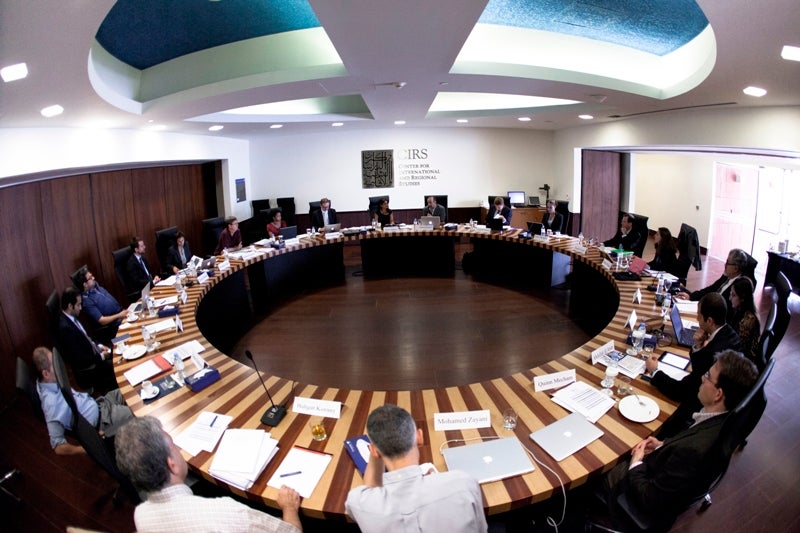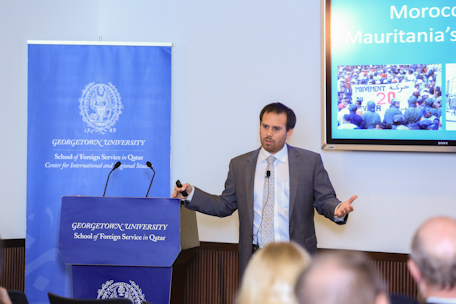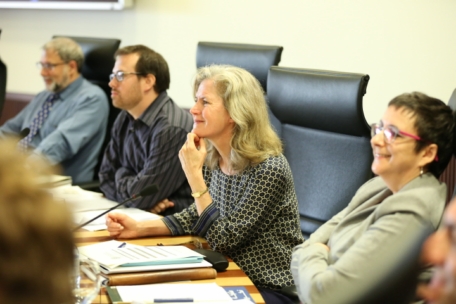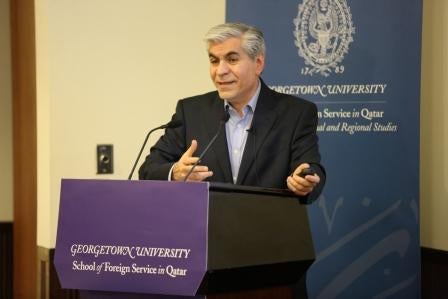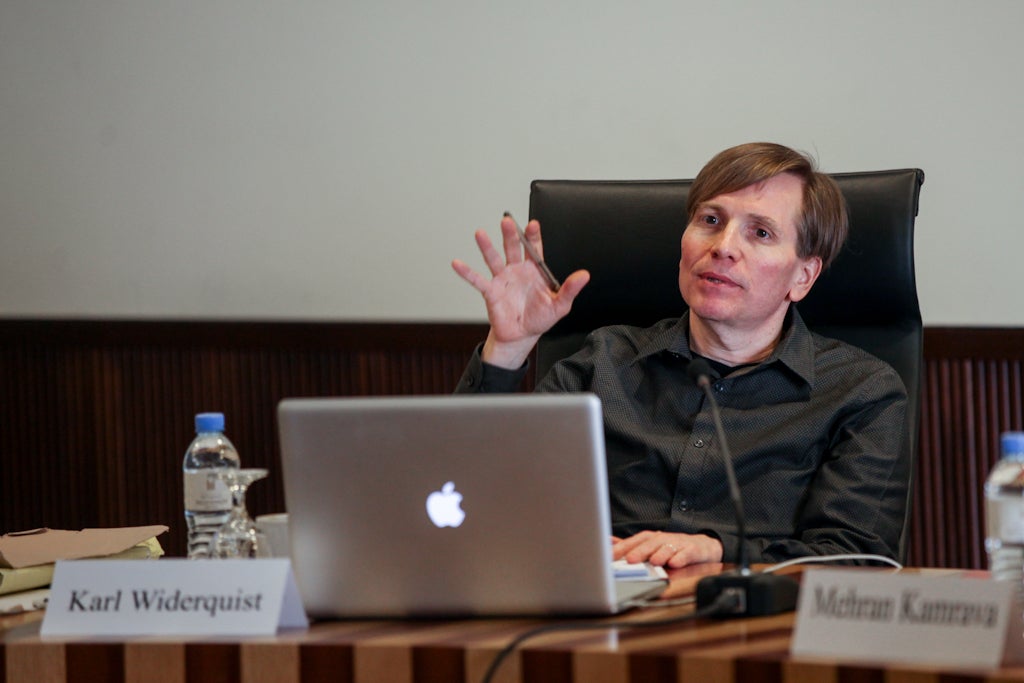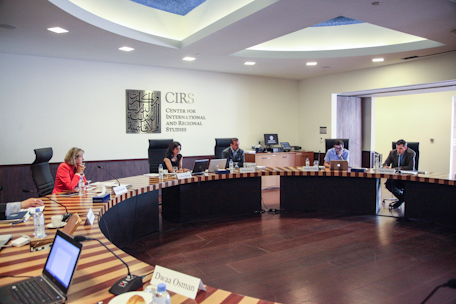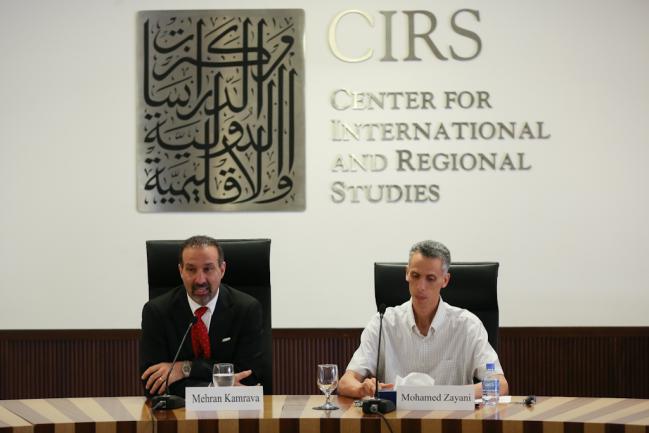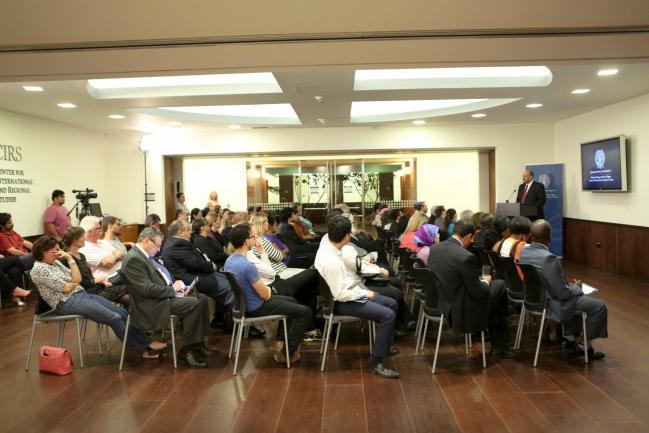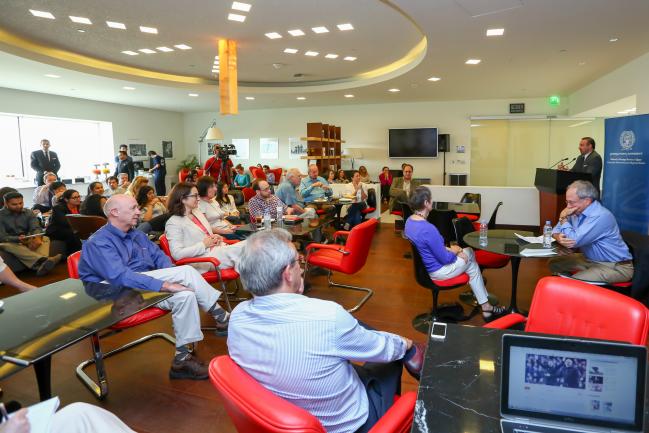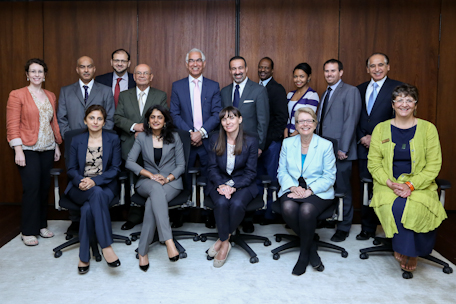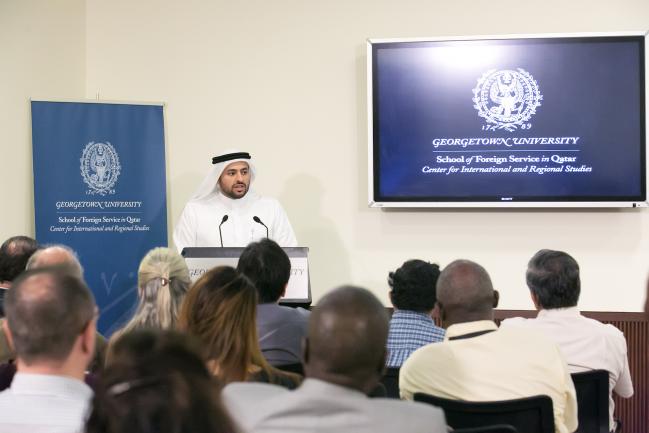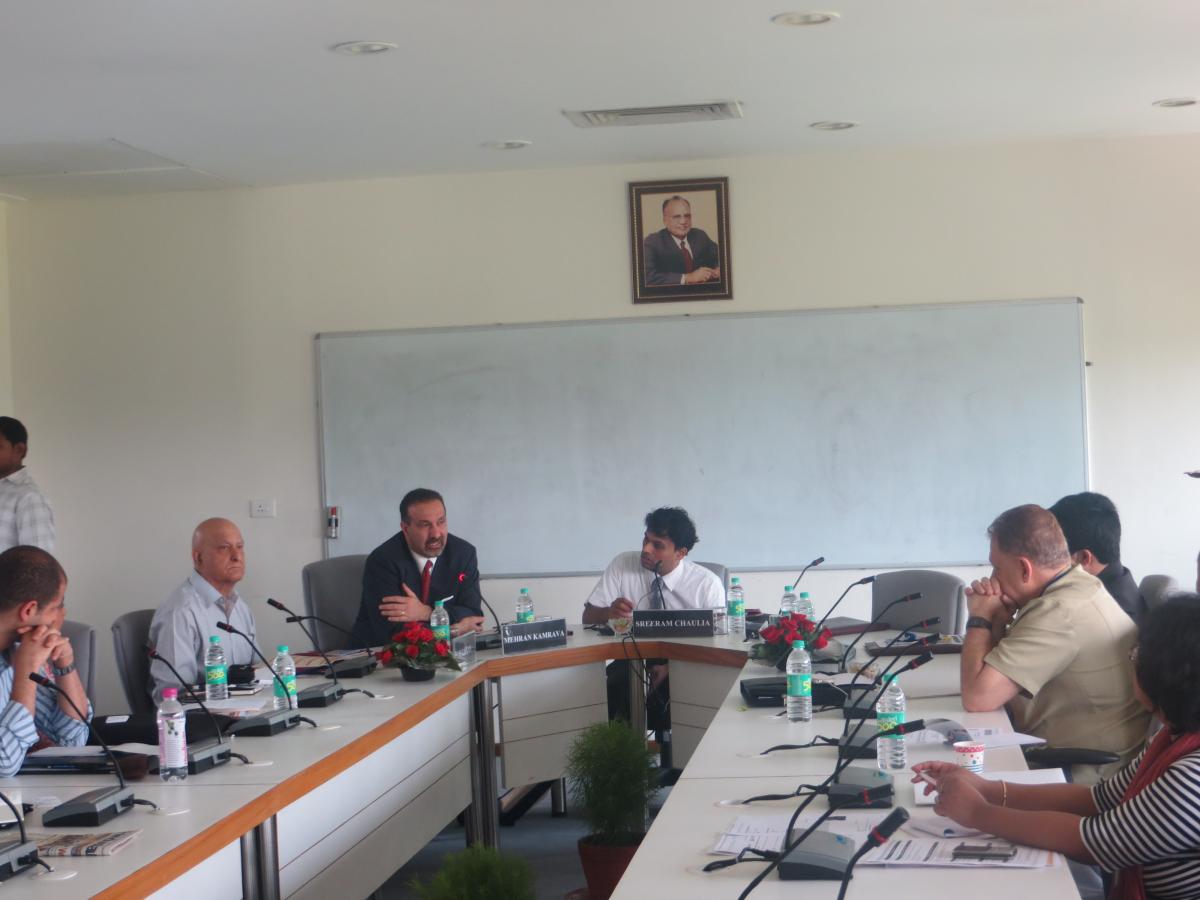Transitional Justice in the Middle East – Working Group I
On February 15-16, 2014, Regional and international experts gathered for the inaugural meeting of the CIRS "Transitional Justice in the Middle East" research initiative. While much of the scholarship on transitional justice has been conducted in other regions of the globe, recent political transitions in the region have invigorated studies on the manifestation and application of transitional justice…
